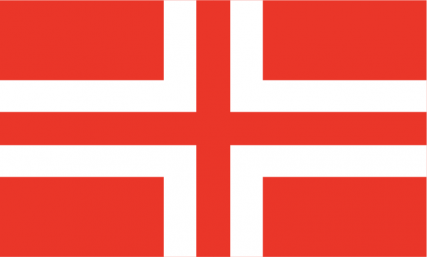Question: What is the most popular sport in your country?
Answer:Capricans love their sports. We love watching them, betting on them and most importantly playing them. Go anywhere in the republic and you'll find someone, somewhere willing to strike up a conversation over their favorite team or player in any number of sports that hold sway over the country.
Arguably the most popular is association football, alternatively called ''soccer'' abroad in some of our less enlightened neighbors. It's popularity can be traced by to 1892, when a common set of rules were codified and the first of more than two hundred National Cup games was played by the team that eventually became Yale United F.C and the Wesson Reds F.C which sparked the century long rivalry that continues to this day. The major competitive teams in the U.S National League(USNL) are Yale United, Wesson, Anchorhead Buccaneers, Caprica City Titans & Ulysses F.C.
A close second to football is auto racing lead by the Formula One racing circuit. Formula One races which feature F1 cars which are the fastest racing cares in the world are watched by upwards of one hundred million people during the course of the 2016 season.Both drivers are watched very closely during the season and many have reached celebrity status through their careers.
Question: What is the most popular sport in your country?










